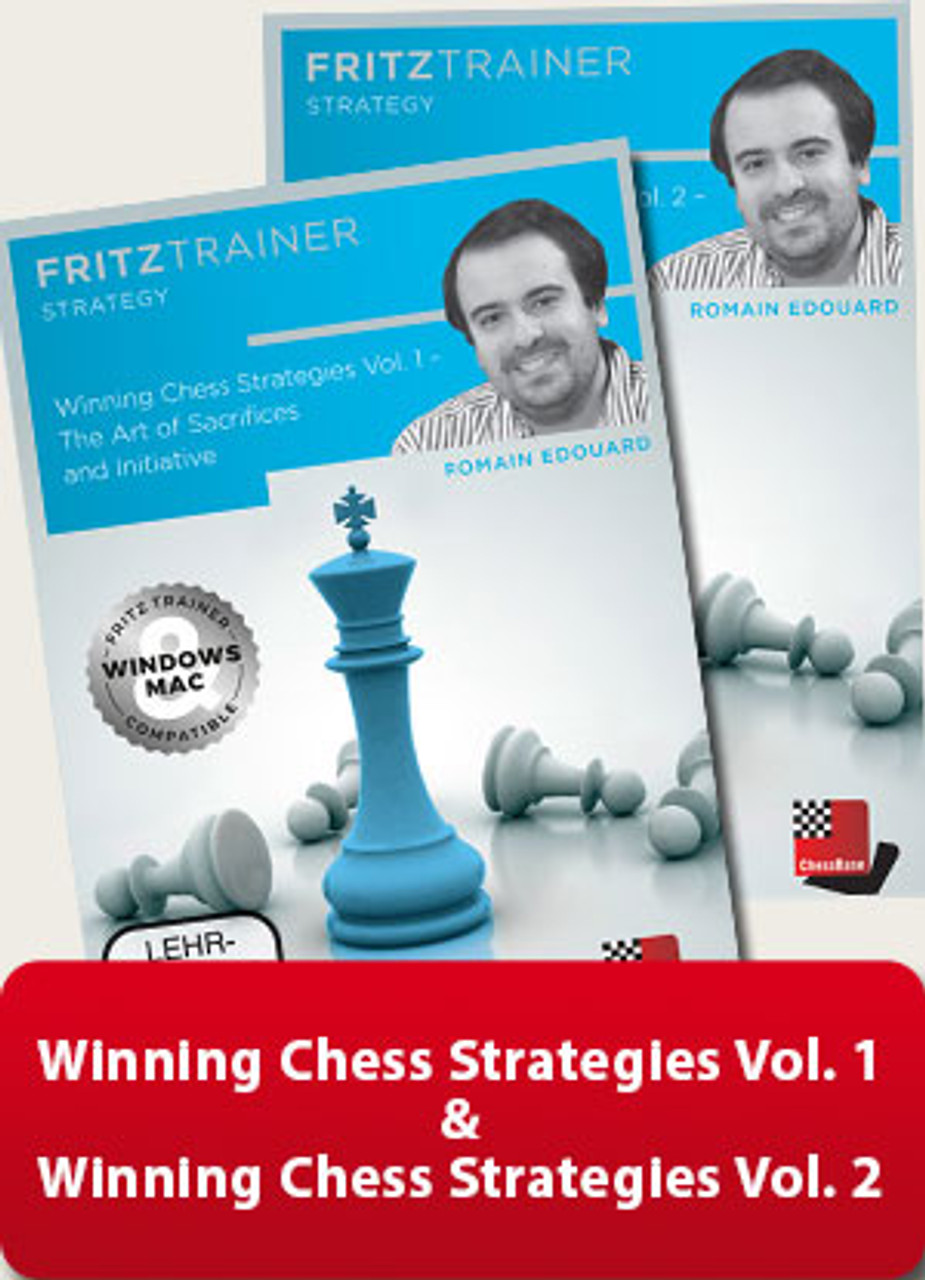Welcome to our blog about chess. Today, we will talk about sacrifices in chess. Chess is a game of strategy. Sometimes, you need to sacrifice a piece. This helps you gain a better position. But, how do you know when to sacrifice?

Credit: www.reddit.com
What is a Sacrifice in Chess?
A sacrifice is when you give up a piece. You do this to get an advantage. This can help you win the game. For example, you might give up a bishop. This might help you capture your opponent’s queen later.
Why Sacrifice a Piece?
Sacrifices can surprise your opponent. They might not expect it. This can confuse them. Sacrifices can also open up the board. This can give you more space to move. Sometimes, a sacrifice can lead to a quick checkmate.

Credit: www.chesscentral.com
Types of Sacrifices
There are different types of sacrifices. Here are some common ones:
- Pawn Sacrifice: Giving up a pawn for better positioning.
- Bishop Sacrifice: Giving up a bishop to weaken the opponent’s defense.
- Knight Sacrifice: Giving up a knight to control the center.
- Rook Sacrifice: Giving up a rook to open a file.
- Queen Sacrifice: Giving up a queen to deliver a checkmate.
Famous Sacrifices in Chess History
Some sacrifices are famous. Let’s look at a few:
The Evergreen Game
This game was played in 1852. Adolf Anderssen played against Jean Dufresne. Anderssen sacrificed his rook and bishop. He then delivered a beautiful checkmate.
The Immortal Game
This game was played in 1851. Anderssen played against Lionel Kieseritzky. Anderssen sacrificed many pieces. He then delivered an amazing checkmate.
How to Recognize a Good Sacrifice
Not all sacrifices are good. How do you know if a sacrifice is good? Here are some tips:
- Think about your position. Will it improve?
- Consider your opponent’s position. Will it get worse?
- Look for a checkmate. Can you deliver it soon?
- Think about the endgame. Will you have an advantage?
Interactive Game Analysis: Guess the Sacrifice!
Let’s play a game. I will show you a position. You need to guess the sacrifice. Ready? Let’s start!
Position 1
It is White’s turn. What should White sacrifice?
| a | b | c | d | e | f | g | h | |
| 8 | ♜ | ♞ | ♝ | ♛ | ♚ | ♝ | ♞ | ♜ |
| 7 | ♟ | ♟ | ♟ | ♟ | ♟ | ♟ | ♟ | ♟ |
| 6 | ||||||||
| 5 | ♘ | |||||||
| 4 | ♙ | |||||||
| 3 | ||||||||
| 2 | ♙ | ♙ | ♙ | ♙ | ♙ | ♙ | ♙ | ♙ |
| 1 | ♖ | ♘ | ♗ | ♕ | ♔ | ♗ | ♘ | ♖ |
Answer: Sacrifice the knight on f5. This opens up the board. It can lead to a quick checkmate.
Position 2
It is Black’s turn. What should Black sacrifice?
| a | b | c | d | e | f | g | h | |
| 8 | ♜ | ♞ | ♝ | ♛ | ♚ | ♝ | ♞ | ♜ |
| 7 | ♟ | ♟ | ♟ | ♟ | ♟ | ♟ | ♟ | ♟ |
| 6 | ||||||||
| 5 | ||||||||
| 4 | ||||||||
| 3 | ||||||||
| 2 | ♙ | ♙ | ♙ | ♙ | ♙ | ♙ | ♙ | ♙ |
| 1 | ♖ | ♘ | ♗ | ♕ | ♔ | ♗ | ♘ | ♖ |
Answer: Sacrifice the bishop on h3. This puts pressure on White. This can lead to a strong attack.
Practice Makes Perfect
The more you practice, the better you get. Look at games of great players. See how they use sacrifices. Try to understand their moves. Play games and try your own sacrifices. Learn from your mistakes. This will help you improve.
Conclusion
Sacrifices are a key part of chess. They can help you gain an advantage. They can lead to quick wins. Practice and study famous games. This will help you understand when to sacrifice. Keep playing and have fun!
chessmantras.com is a participant in the Amazon Services LLC Associates Program, an affiliate advertising program. As an Amazon Associate, we earn from qualifying purchases made through our links.







